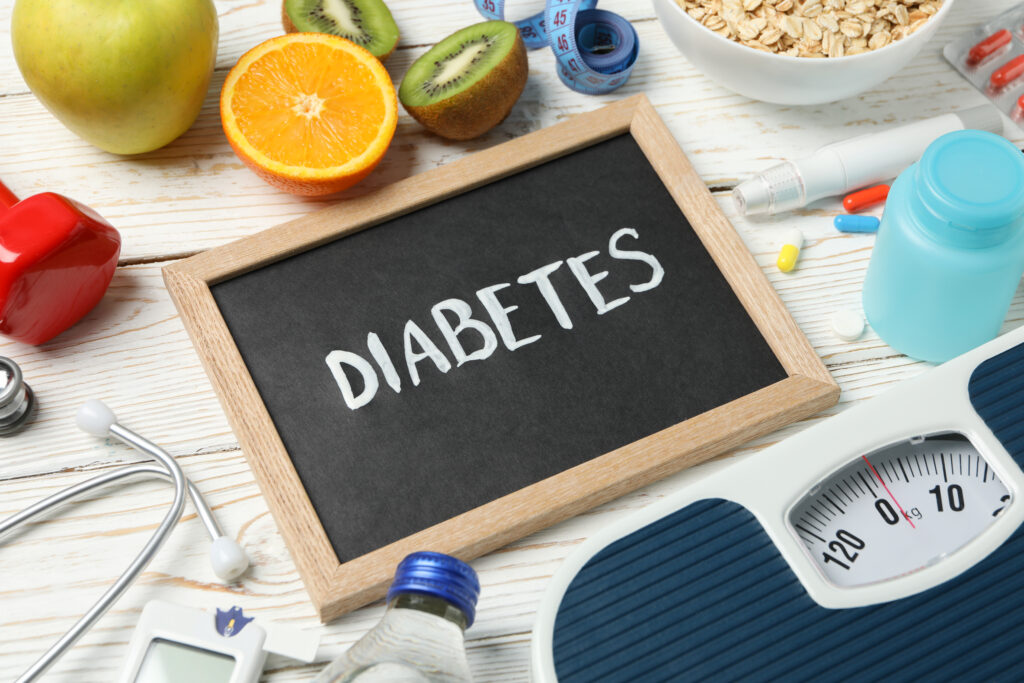Introduction
When it comes to diabetes management, lifestyle modifications are as vital as medications and medical interventions. In this blog, we’ll explore how stress management, quality sleep, smoking cessation, and responsible alcohol consumption can positively impact blood sugar control and overall well-being for individuals living with diabetes.
Stress Management and Its Impact on Blood Sugar
Stress and blood sugar levels are closely interconnected. When you’re stressed, your body releases hormones like cortisol and adrenaline, which can cause blood sugar spikes. Here’s how you can manage stress:
- Mindfulness: Practice mindfulness meditation, deep breathing exercises, or yoga to reduce stress and promote relaxation.
- Physical Activity: Engage in regular exercise, as it helps reduce stress hormones and improves mood.
- Hobbies: Pursue hobbies and activities you enjoy to divert your mind from stressors.
Getting Enough Sleep and Its Role in Diabetes Management
Sleep plays a vital role in diabetes management, affecting blood sugar levels, insulin sensitivity, and overall health:
- Consistent Schedule: Establish a regular sleep schedule by going to bed and waking up at the same time each day.
- Sleep Environment: Create a comfortable sleep environment that promotes relaxation and reduces sleep disturbances.
- Limit Screen Time: Reduce exposure to electronic devices before bedtime, as the blue light emitted can interfere with sleep.
Smoking Cessation and Its Benefits
Smoking poses severe risks to individuals with diabetes, as it worsens blood vessel damage and increases the risk of cardiovascular complications:
- Healthcare Support: Seek guidance from your healthcare provider to develop a smoking cessation plan tailored to your needs.
- Nicotine Replacement Therapy: Nicotine replacement products like patches, gum, or lozenges can help reduce withdrawal symptoms.
- Healthy Distractions: Engage in activities that distract you from smoking cravings, such as exercise, hobbies, or spending time with loved ones.
Alcohol Consumption Guidelines for Diabetics
Moderation is key when it comes to alcohol consumption for individuals with diabetes:
- Monitor Blood Sugar Levels: Understand how alcohol affects your blood sugar levels by checking before and after drinking.
- Limit Intake: If you choose to drink, do so in moderation. Follow guidelines that recommend up to one drink per day for women and up to two drinks per day for men.
- Carbohydrate Counting: Account for the carbohydrate content of alcoholic beverages when calculating insulin doses or making dietary adjustments.
Conclusion
Lifestyle modifications are powerful tools that can significantly enhance diabetes management. By practicing effective stress management techniques, ensuring quality sleep, quitting smoking, and responsibly enjoying alcohol, you’re taking proactive steps to control blood sugar levels and prevent complications. Remember, a holistic approach that encompasses both medical management and lifestyle choices is key to achieving optimal well-being. Consult your healthcare provider to develop a personalized plan that aligns with your unique needs and goals. With dedication and mindfulness, you can shape a healthier and more vibrant life with diabetes.





